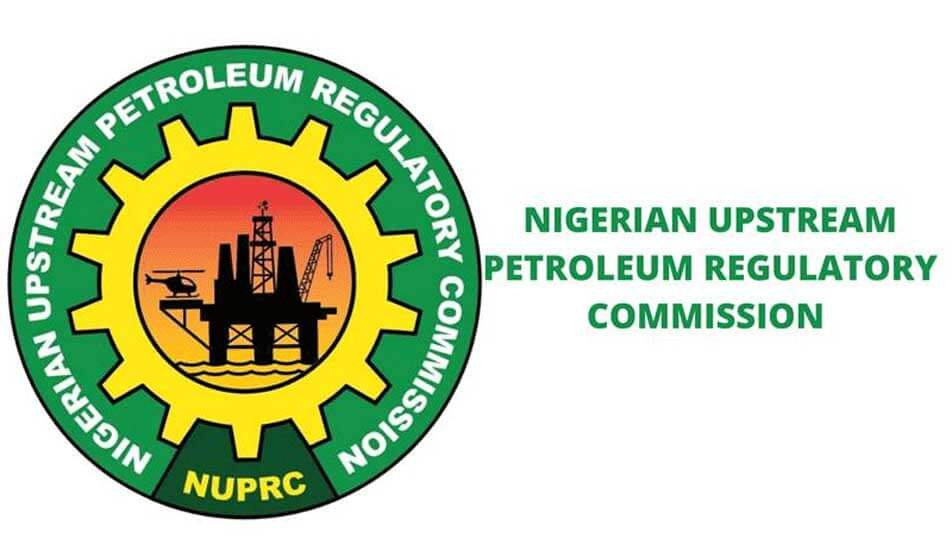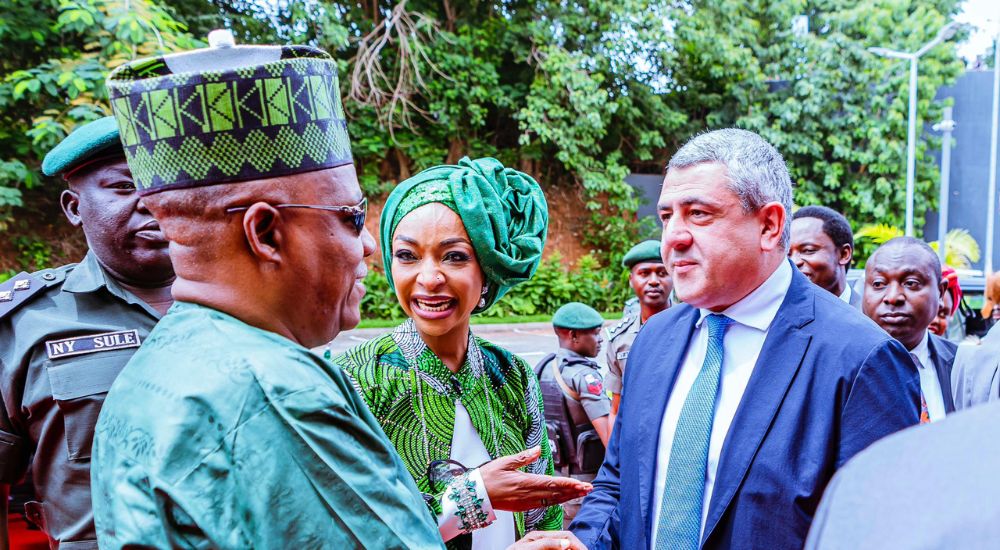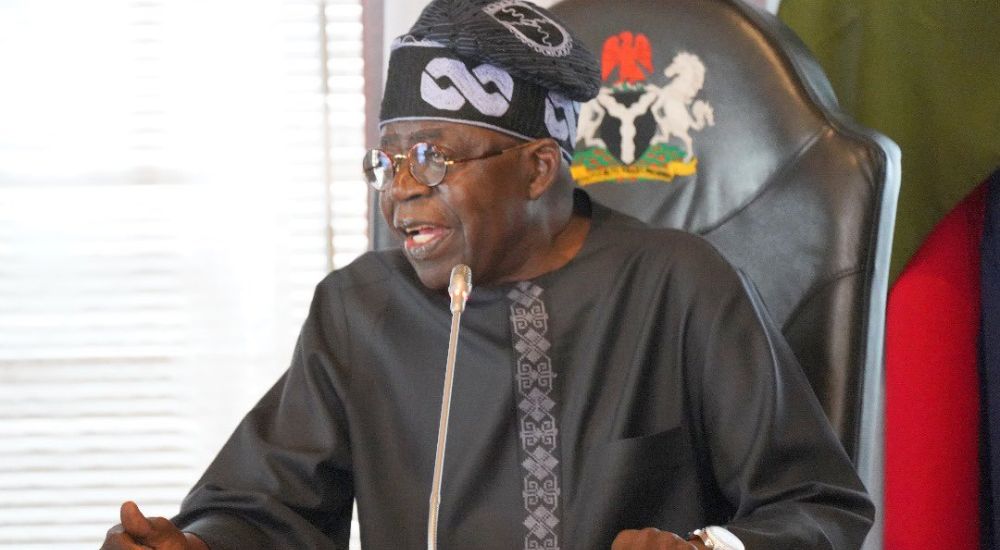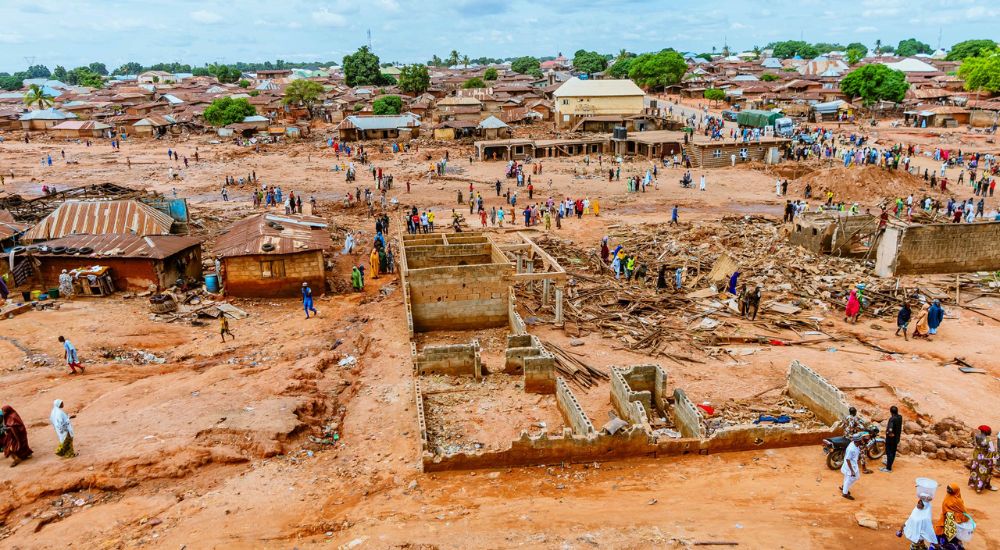AEC Urges World Bank to Lift Ban on Upstream Oil and Gas Funding
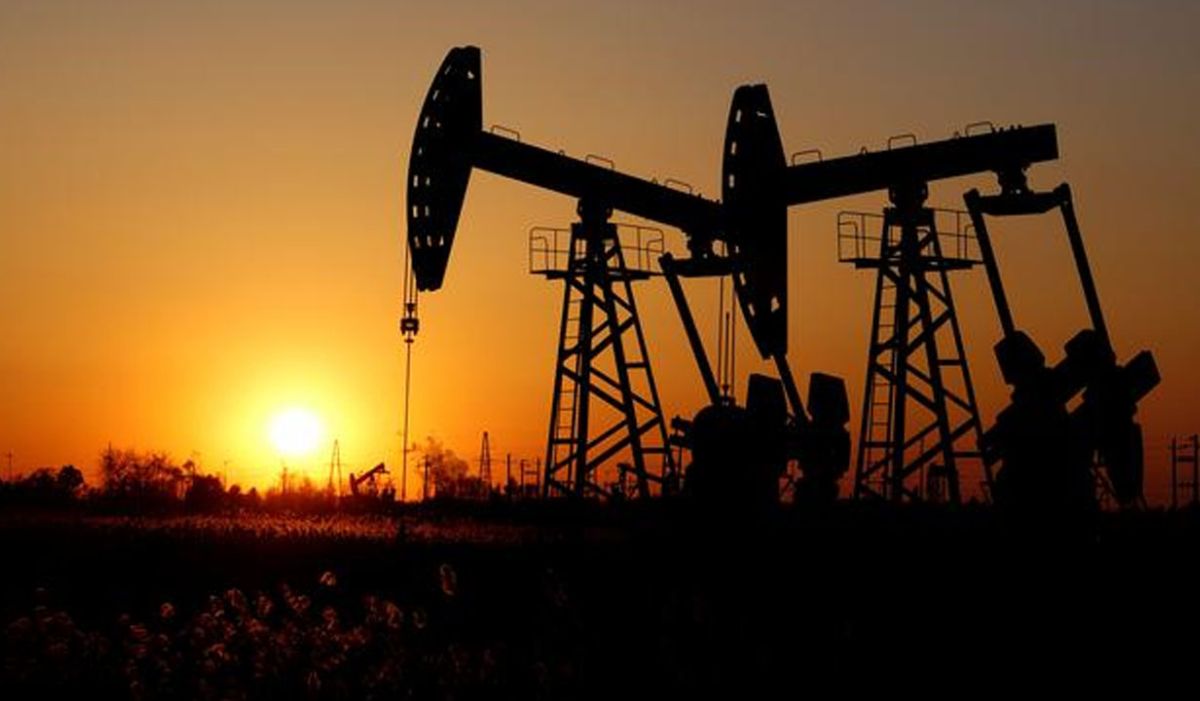
The African Energy Chamber (AEC) has issued an urgent appeal for the World Bank to reverse its prohibition on funding upstream petroleum and natural gas developments.
This policy change is viewed as vital for tackling Africa’s widespread energy access challenges, with an estimated 600 million residents currently without electrical power. Developing the continent’s fossil fuel reserves is deemed critical for providing dependable and cost-effective energy solutions, creating economic opportunities, and facilitating Africa’s eventual transition to sustainable energy systems.
The current circumstances present severe challenges, as limited energy access continues to hinder Africa’s industrial development, economic expansion, and societal progress. The continent requires a balanced strategy for energy sector development that integrates both conventional and renewable energy sources to address urgent power requirements. Natural gas presents a viable, cost-efficient, and relatively cleaner alternative that could help satisfy Africa’s growing energy requirements.
Successful natural gas power generation initiatives across nations, including Mozambique, Senegal, Nigeria, and Egypt, illustrate how these energy assets are advancing regional power access and stimulating economic development. Planned upstream developments offer significant transformation opportunities, with substantial income-generating potential that could finance critical infrastructure, educational systems, healthcare facilities, and renewable energy initiatives.
The AEC is pressing the World Bank to implement decisive measures and remove restrictions on upstream project financing. This action represents both an economic requirement and an ethical obligation to eliminate energy deprivation and facilitate a viable future for the African continent. Through backing upstream petroleum and gas sector development, the World Bank has the opportunity to help unleash Africa’s energy capabilities and advance collective economic well-being.

